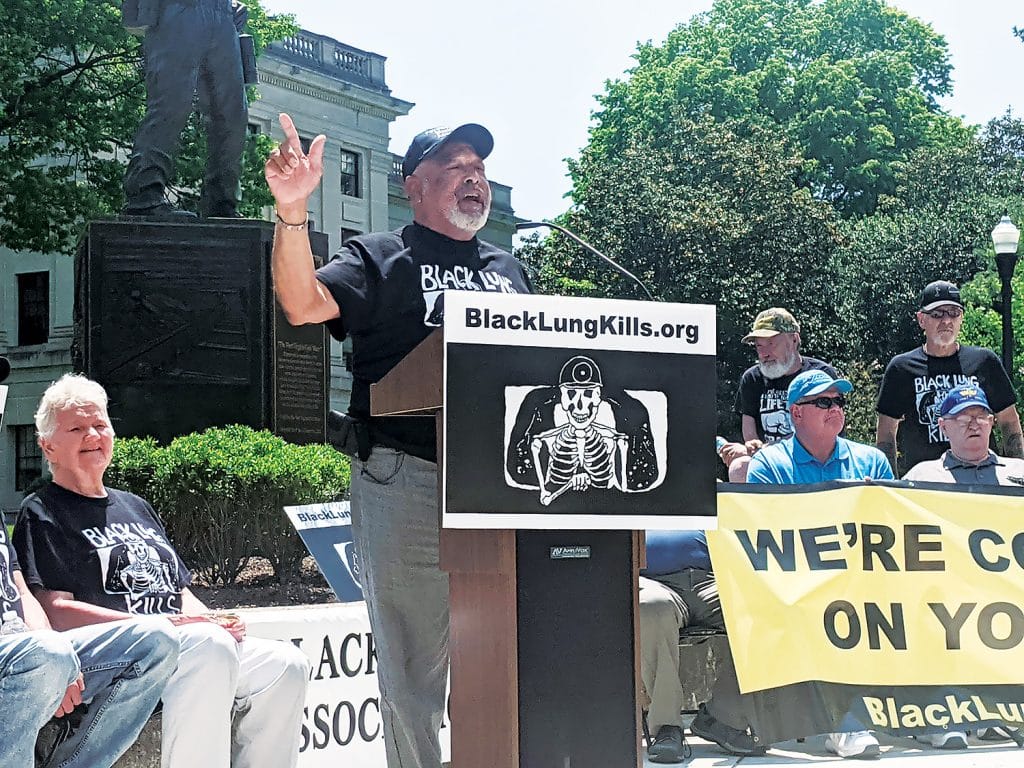By Brian Sewell
The legal assault on the U.S. Environmental Protection Agency’s Clean Power Plan began long before Oct. 23, when it was published in the Federal Register. But that day, states and industry groups were able to officially challenge the rules, which are aimed at limiting carbon pollution from coal plants and boosting cleaner energy sources.
Within a day, more than 15 separate cases were filed, making the Clean Power Plan the most litigated environmental regulation in history, according to E&E Publishing. Appalachian states including Georgia, North Carolina, Kentucky and Ohio signed onto a lawsuit led by West Virginia Attorney General Patrick Morrisey that includes 20 other states.
Attorneys general and agency officials fighting the EPA, however, may not have the public on their side. A poll released in November by the Yale Project on Climate Change Communication found that a majority of residents in every state except West Virginia, North Dakota and Montana believe there should be strict limits on carbon dioxide emissions from coal plants.
Virginia and Maryland are among a group of 18 states intervening in the case to defend the Clean Power Plan.
Describing his reasons for supporting the EPA, Virginia Attorney General Mark Herring told reporters that policies to address climate change and invest in renewable energy are “exactly the kind of shot in the arm that we need to grow a real, vibrant clean-energy economy here in Virginia.”
The fight over the Clean Power Plan’s future is expected to last years, especially if the case reaches the U.S. Supreme Court. In the meantime, states are carefully considering their approaches to compliance.
The N.C. Department of Environmental Quality quickly crafted a plan focused entirely on improving power plant efficiency — the only component of the Clean Power Plan the state agency considers to be legal. Experts say that approach could easily backfire, leaving North Carolina with less control over its carbon-reduction efforts.
“If the EPA successfully defends the [legal] challenge and the EPA denies DEQ’s plan, it can impose a federal plan it is developing without the states,” Jonas Monast of Duke University’s Nicholas Institute for Environmental Policy Solutions told the Charlotte Business Journal.
Kentucky could also be assigned a federal plan if incoming Gov. Matt Bevin keeps his campaign promise to rebuke the EPA. Due to Bevin’s refusal to even develop a compliance plan, the group Kentuckians For The Commonwealth has pledged to create its own.
“They are turning their backs, again, on our opportunity and Kentucky’s future,” the group wrote on the website for the project, Empower Kentucky. “If the politicians won’t do it, it’s up to us.”
Related Articles
Latest News

Leave a comment
Your email address will not be published. Required fields are marked *





Leave a Comment